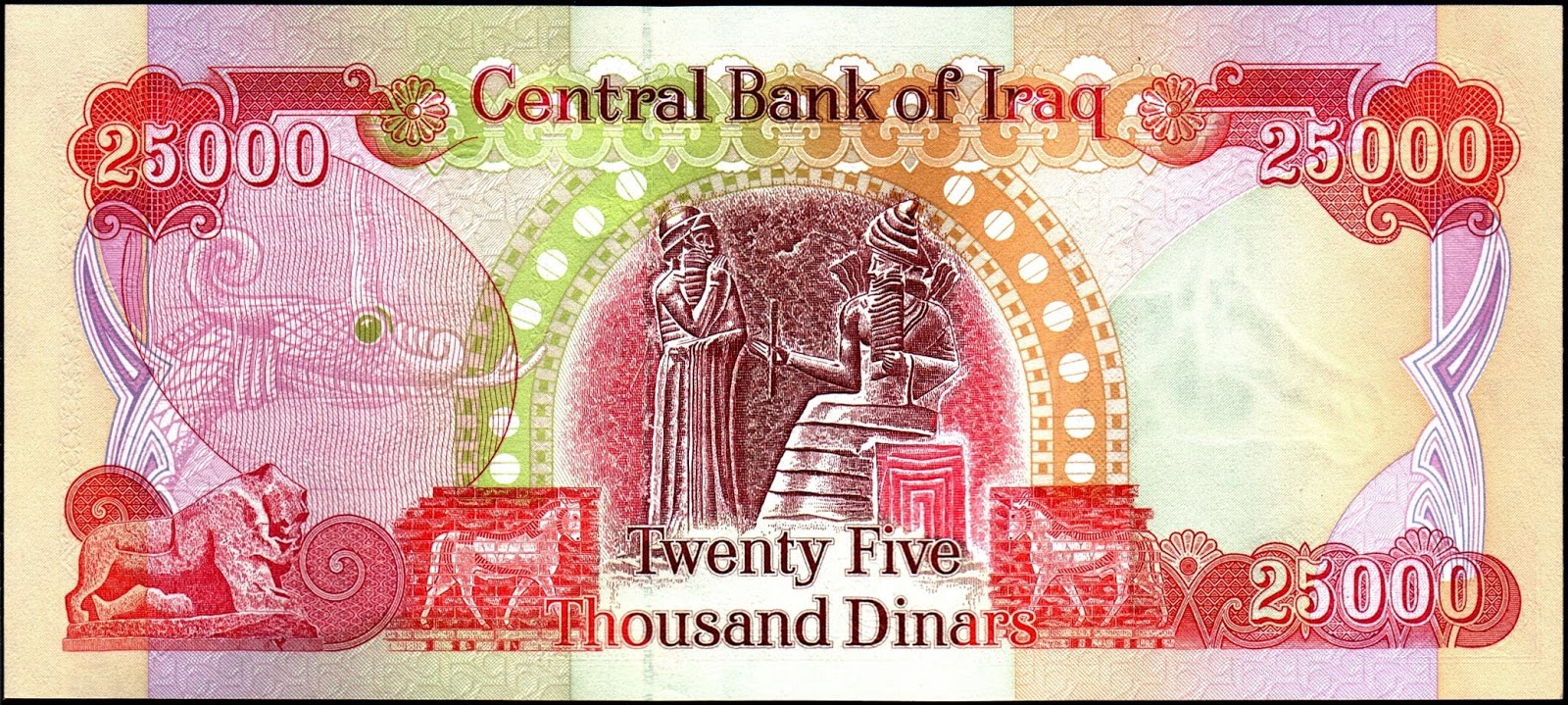The economic landscape is constantly evolving, with currency fluctuations playing a crucial role in global markets. One such currency that has garnered significant attention is the dinar, particularly in the context of its anticipated revaluation in 2024. As investors, economists, and even everyday citizens speculate on the implications of this potential shift, it becomes essential to explore the factors driving these changes and what they mean for the future of the dinar.
With the dinar revaluation 2024 approaching, many are asking whether this is a time for excitement or caution. Currency revaluations can lead to various outcomes, ranging from economic growth to inflationary pressures. Understanding these dynamics is vital for anyone looking to navigate the intricacies of currency investment and international trade in the coming years.
As we delve into the details surrounding the dinar revaluation 2024, we will address several key questions. What factors are influencing the potential revaluation? How might this affect the economy and investors? And what steps should individuals take to prepare for these changes? By examining these questions, we can gain a clearer perspective on what lies ahead for the dinar and its stakeholders.
What Factors Influence the Dinar Revaluation 2024?
Several key factors are at play when it comes to the potential revaluation of the dinar in 2024. These include:
- Economic growth rates
- Inflation levels
- Government monetary policies
- International trade dynamics
- Political stability
How Does Economic Growth Impact Currency Value?
Economic growth is one of the most significant determinants of currency value. A strong economy typically leads to a higher demand for a currency, which can push its value up. In the case of the dinar, if the country experiences robust economic growth leading up to 2024, this could provide a strong foundation for revaluation.
What Role Does Inflation Play in Currency Valuation?
Inflation can have a profound impact on currency values. High inflation erodes purchasing power, often leading to depreciation of the currency. If inflation rates are kept in check in the lead-up to the dinar revaluation 2024, this could bolster confidence in the dinar's potential appreciation.
What Are the Implications of Dinar Revaluation 2024 for Investors?
Investors should be particularly mindful of the implications of the dinar revaluation 2024. Revaluation can create opportunities, but it also presents risks. Here are some potential outcomes:
- Increased investment opportunities in local markets
- Potential for gains in currency trading
- Risks associated with sudden market shifts
How Can Investors Prepare for Dinar Revaluation 2024?
Preparation is key for investors who want to navigate the potential changes associated with the dinar revaluation. Here are some strategies:
- Diversify investment portfolios to mitigate risks.
- Stay informed about economic indicators and government policies.
- Consider consulting with financial advisors specializing in foreign currency markets.
What Should Citizens Know About Dinar Revaluation 2024?
For regular citizens, understanding the dinar revaluation 2024 is just as crucial. Changes in currency value can affect purchasing power, savings, and even wages. Here are some important points to consider:
- Monitor changes in prices of goods and services.
- Understand how revaluation could impact loans and mortgages.
- Be aware of potential changes in government policies affecting citizens.
What Are the Historical Trends of Dinar Revaluations?
To fully grasp the potential outcomes of the dinar revaluation 2024, it’s helpful to look back at historical trends. Previous revaluations often resulted in:
- Temporary economic adjustments
- Shifts in investor confidence
- Long-term impacts on inflation rates
Conclusion: What Lies Ahead for the Dinar in 2024?
As we approach the anticipated dinar revaluation 2024, it is essential for all stakeholders—investors, citizens, and policymakers—to remain vigilant and informed. By understanding the factors influencing currency valuation, and preparing adequately, individuals can better navigate the complexities of the economic landscape. The dinar's future holds potential opportunities and challenges, and being proactive in response to these changes can lead to more favorable outcomes for all involved.




